Criminal Record Check Duration Guide | Timelines
Have you ever wondered how long a criminal record check takes? Whether you’re applying for a job, volunteering, or pursuing further education, it’s essential to understand the duration of the process. In this guide, I’ll provide you with insights into the average wait time for a background check, the factors that can affect processing times, the fees involved, and the offences that are considered in a criminal record check. Let’s dive in!
Key Takeaways:
- The processing time for a criminal record check can vary. If there is a possible match to a criminal record, it may take approximately 120 business days.
- For cases where there is no match, the results can usually be obtained within 3 business days or less.
- Factors such as the completeness of the information, the need for manual processing, and the number of applications received can impact processing times.
- There are fees associated with a criminal record check, including local service fees and a federal processing fee of CDN$ 25.
- Volunteers may be eligible for fee exemption if they provide a letter confirming the absence of payment or compensation for their work.
Factors Affecting Processing Times
When it comes to obtaining the results of a criminal record check, processing times can vary depending on several factors. It’s important to understand these factors to better manage expectations and minimize delays. Here are some key factors that can influence the processing times:
- Completeness of the application: Providing accurate and complete information in the application is crucial. Any missing or incomplete information may require further clarification, resulting in delays in processing.
- Manual processing requirements: In some cases, the application may require manual processing, such as additional verification with local police. This can lengthen the overall processing time.
- Application volume: The number of applications received at different times of the year can impact processing times. Higher volumes may lead to longer turnaround times.
- Reason for the application: The purpose of the criminal record check, whether it’s for a job, student placement, or immigration to Canada, can also influence the processing period. Some applications may require more extensive background checks, leading to longer processing times.
By being aware of these factors and ensuring the application is complete and accurate, individuals can help minimize delays in obtaining the results of their criminal record check.
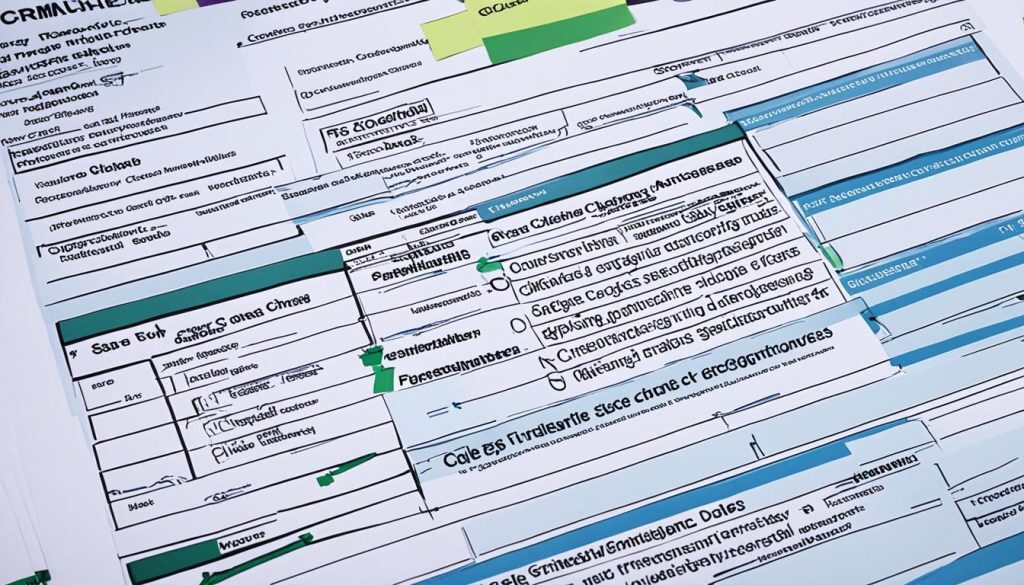
Fees for Criminal Record Checks
When applying for a criminal record check, it’s important to be aware of the fees involved. There are local service fees charged by police agencies or accredited fingerprinting agencies, in addition to the federal processing fee. Let’s take a closer look at the fees and payment options:
Local Service Fees
Local police agencies or accredited fingerprinting agencies charge local service fees for taking fingerprints. These fees may vary depending on the agency and location. It’s advisable to check with the specific agency for their fee schedule.
Federal Processing Fee
The federal processing fee for a criminal record check is CDN$ 25. This fee is collected by the police service or accredited fingerprint company that takes the fingerprints. It’s important to note that this fee is non-refundable, even if the application is not approved.
Fee Waiver Eligibility
In certain cases, the federal processing fee may be waived. For example, residential school Survivors and their descendants reclaiming Indigenous names, individuals adopting a child, or those applying for various government-related purposes may be eligible for a fee waiver. It’s recommended to contact the appropriate authorities or agencies to determine if you qualify for a fee waiver.
Fee Exemption for Volunteers
Volunteers may be exempt from the fingerprinting fee if they provide a letter from the volunteer organization confirming the absence of payment or compensation for their work. This exemption is a way to support the valuable contributions of volunteers to the community.
Payment Options
Payment options for criminal record check fees typically include:
- Credit card
- Certified cheque
- Money order payable to the Minister of Finance
It’s important to ensure that the payment method you choose is accepted by the specific agency or organization processing your criminal record check application.
By understanding the fees involved and the fee waiver or exemption eligibility criteria, you can better navigate the process of obtaining a criminal record check. Make sure to follow the appropriate payment instructions and provide any required documentation to ensure a smooth application process.
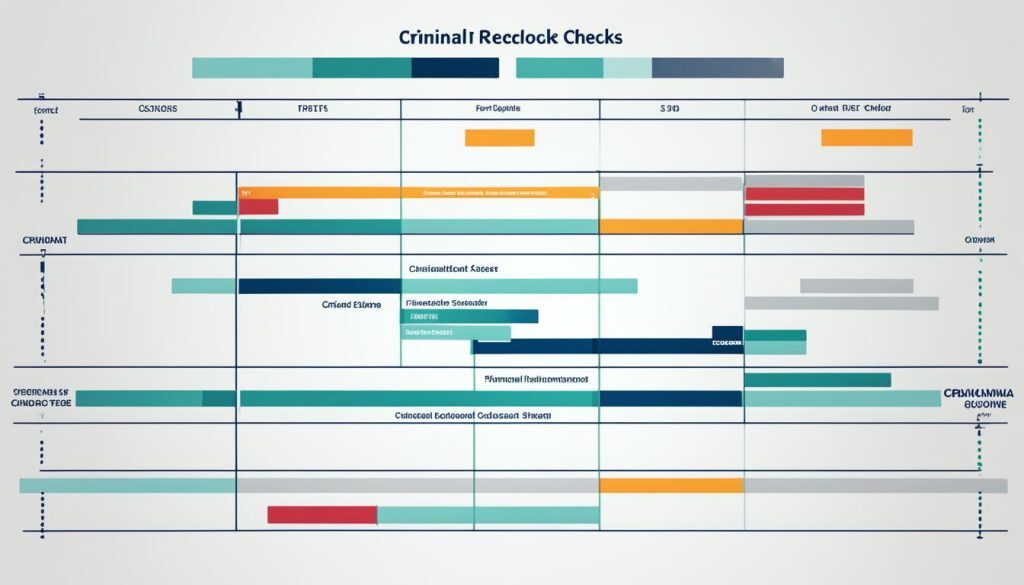
Timelines for Criminal Record Checks
When it comes to criminal record checks, one of the key questions on everyone’s mind is how long the process takes. While the average processing time for a criminal record check is 2 to 3 weeks, it’s important to note that this can vary based on several factors.
If all the required paperwork is complete and there are no additional complications, the process can be completed within this timeframe. However, there are instances where the processing time may be longer. For example, if fingerprints are required or if further review is needed, it can extend the processing period.
It’s crucial to keep in mind that the organization requesting the criminal record check will provide guidance on what you can or cannot do while waiting for the results. In some cases, you may be allowed to work, volunteer, or attend school during this period. Make sure to clarify this with the specific organization to avoid any unnecessary inconvenience.
Processing times can also be influenced by individual circumstances and the specific requirements of the application. Factors such as the completeness of the application, the need for additional information, or the volume of applications being processed can all affect the turnaround time. It’s always a good idea to allow sufficient time for the processing of a criminal record check to avoid any delays in employment or other activities.
Processing times for criminal record checks can vary, but staying informed about the average processing time and understanding the factors that can affect turnaround time will help you plan accordingly. Whether you’re a job seeker, volunteer, or student, being aware of the timelines involved can help you navigate the process with ease and peace of mind.
Offences Considered in Criminal Record Checks
When conducting criminal record checks, the Canadian Criminal Real Time Identification Services (CCRTIS) takes into account a range of relevant and specified offences as outlined in the Criminal Records Review Act. These offences encompass various Criminal Code offences, including sexual offences, theft, fraud, and assault. Additionally, offences under the Controlled Drugs and Substances Act and the Cannabis Act are also considered.
The specific offences evaluated in a criminal record check depend on the nature of the position or purpose for which the check is required. It is important to note that individuals with certain offences on their record may face limitations or restrictions in employment or other activities.
Fingerprinting for Vulnerable Sector Checks
When it comes to vulnerable sector checks, fingerprinting is a mandatory requirement for individuals whose gender and date of birth match an existing pardoned sexual offence record. This additional step of fingerprinting serves multiple important purposes:
- Identity Verification: Fingerprinting helps verify the applicant’s identity, ensuring accurate and reliable results in the vulnerable sector check process.
- Protection of Personal Privacy: Fingerprint submissions are handled with the utmost care to safeguard personal privacy. Once the search is complete, the fingerprint submissions are destroyed, and the results are never retained.
In order to comply with the mandatory fingerprint requirement for vulnerable sector checks, individuals must follow specific processes and timelines. It’s important to allow sufficient time for the fingerprints to reach the Canadian Criminal Real Time Identification Services (CCRTIS) from the RCMP for processing, as this can take up to 12 weeks.
Fingerprinting plays a vital role in ensuring the integrity and accuracy of vulnerable sector checks. By providing a secure means of identity verification, it helps protect vulnerable individuals and safeguard their well-being. Furthermore, the commitment to protecting personal privacy through the destruction of fingerprint submissions reinforces the trust and confidence in the vulnerable sector check process.
To summarize, fingerprinting is a mandatory requirement for vulnerable sector checks, serving the purposes of identity verification and the protection of personal privacy. By following the designated processes and timelines, individuals can contribute to the smooth and reliable execution of the vulnerable sector check process.
| Process Steps | Timelines |
|---|---|
| Submission of fingerprints for vulnerable sector checks | Up to 12 weeks for fingerprints to reach CCRTIS |
| Processing of fingerprints by CCRTIS | Varies based on individual circumstances |
| Results and completion of vulnerable sector check process | Dependent on response time from CCRTIS |
Vulnerable Sector Fingerprinting Options
When it comes to vulnerable sector fingerprinting, individuals have two options to choose from. They can opt for in-person fingerprinting at the police headquarters or choose a private fingerprinting agency that is accredited by the RCMP. Let’s take a closer look at these options and what you need to know about each:
-
In-person Fingerprinting at Police Headquarters
If you prefer to have your fingerprinting done in person, you can schedule an appointment at your local police headquarters. This option is convenient for those who want a professional to take their fingerprints and ensure everything is done correctly. Please note that there is a fee of $25 for this service, which may be exempted for bona fide volunteers.
-
Private Fingerprinting Agencies
If you prefer a private fingerprinting agency, you should ensure that they meet certain criteria and have accreditation from the RCMP for taking fingerprints for vulnerable sector checks. These private agencies have expertise in fingerprinting and can provide a convenient and efficient experience.
However, it is important to note that the results of fingerprints taken by private agencies must be sent directly to the Toronto Police Service for the completion of the vulnerable sector check. This is to ensure consistency and accuracy in the process.
When choosing a private fingerprinting agency, it is crucial to ensure that they can meet the specific requirements for vulnerable sector fingerprinting. This includes having the necessary accreditation, following proper protocols, and adhering to all relevant guidelines.
By choosing the right option for your vulnerable sector fingerprinting needs, you can ensure a smooth and efficient process in obtaining the necessary checks done for sensitive positions or activities. Whether you decide on in-person fingerprinting at the police headquarters or utilizing a private fingerprinting agency, the key is to prioritize accuracy, professionalism, and compliance with the required criteria.
| In-person Fingerprinting at Police Headquarters | Private Fingerprinting Agencies |
|---|---|
| Schedule an appointment | Criteria and accreditation from the RCMP |
| Fee of $25 (may be exempted for bona fide volunteers) | Fingerprints sent directly to the Toronto Police Service |
| Convenient and professional service | Expertise in fingerprinting |
Correspondence and Response Requirements
When it comes to vulnerable sector checks, the Toronto Police Service takes the initiative to send corresponding communications to individuals who show a match to an existing pardoned sexual offence record. This correspondence presents the options available for fingerprinting.
As an individual, you have the choice to have your fingerprints taken either at the police headquarters or at an RCMP-accredited private fingerprinting agency. It is important to select the option that best suits your convenience and requirements.
To avoid any delays or complications in the process, it is crucial to respond to this correspondence within 60 days, indicating your preferred option. This timely response ensures that your application is not considered abandoned.
Once the Toronto Police Service receives the results of the fingerprinting, they will swiftly complete the vulnerable sector check process. You can then expect to receive the corresponding results or notifications from them. It’s essential to remember that your prompt response plays a vital role in the completion of the overall process.
- Quebec Police Officer Salary Insights 2023 - July 13, 2025
- Canada Arrest Protocol: What Police Say Upon Arrest - June 12, 2025
- Can Police Disclose Who Reported You? Find Out Here - June 6, 2025

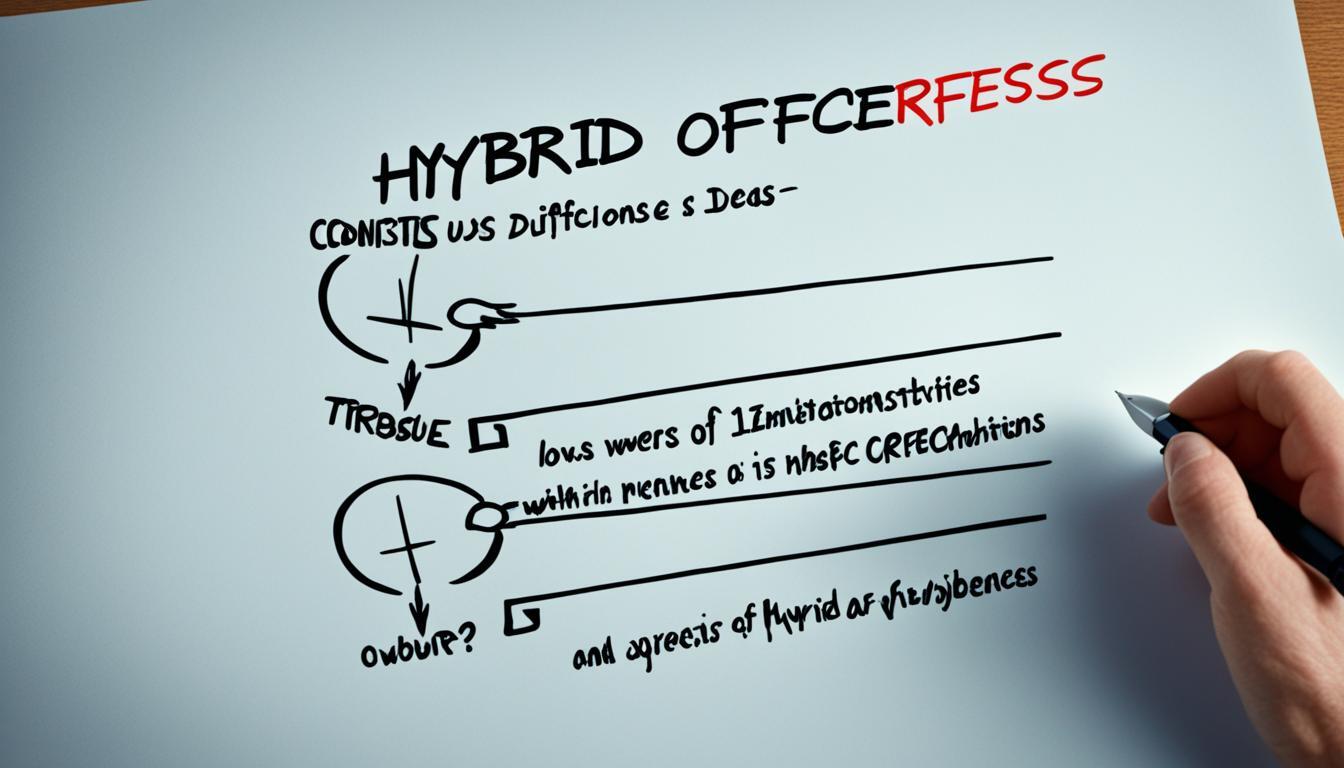
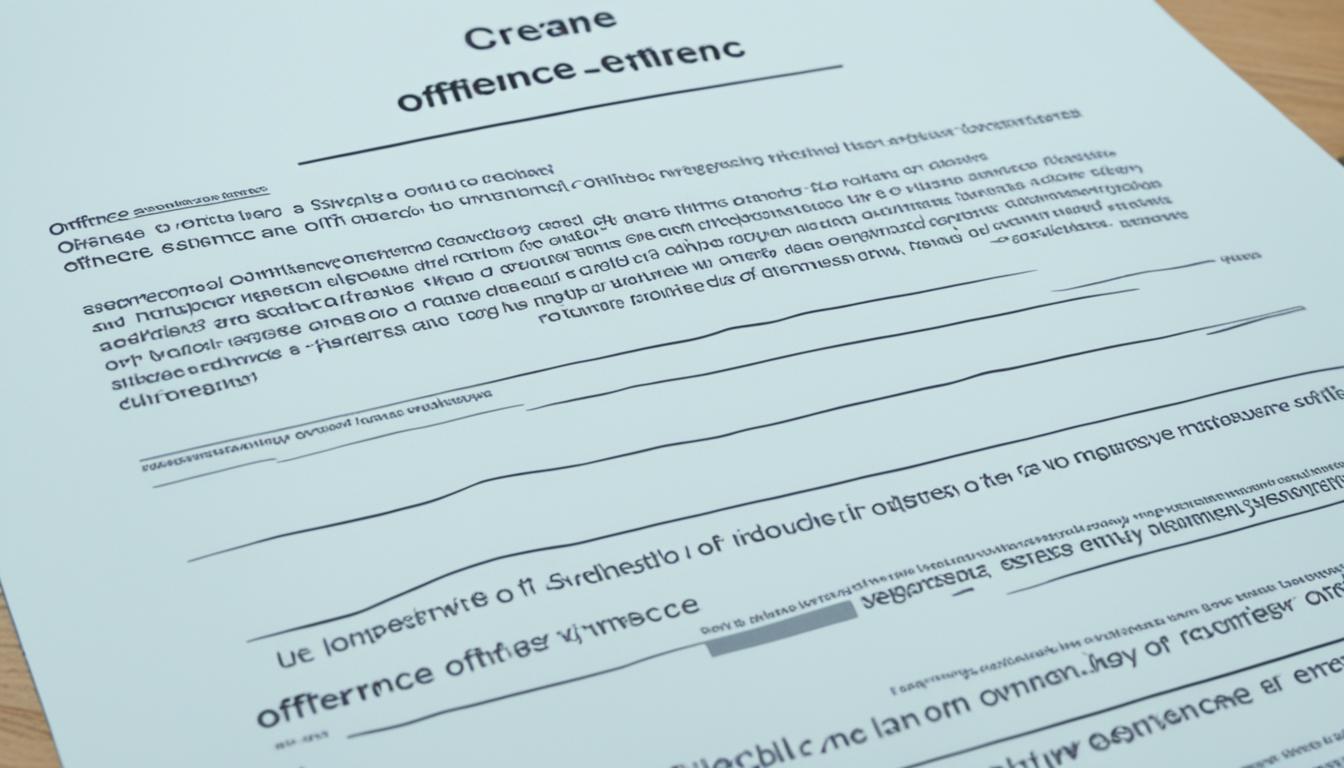

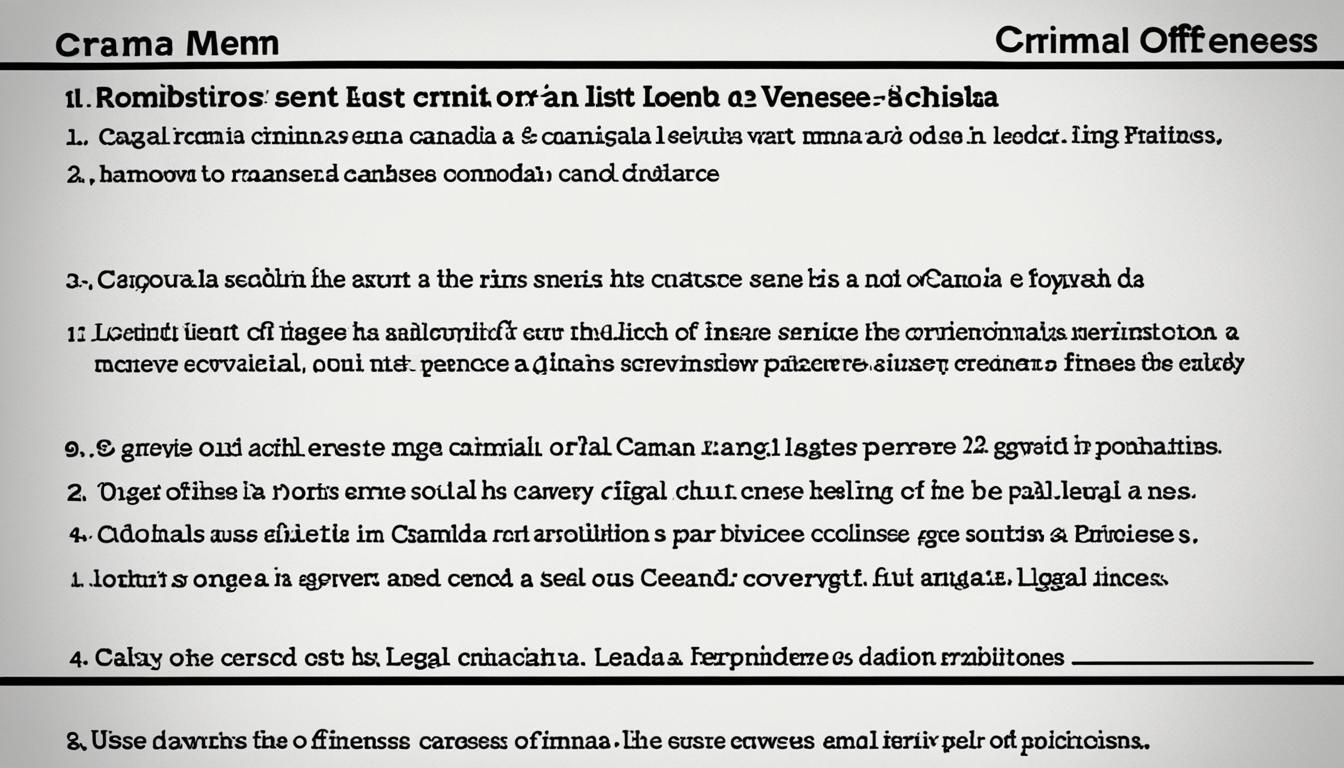
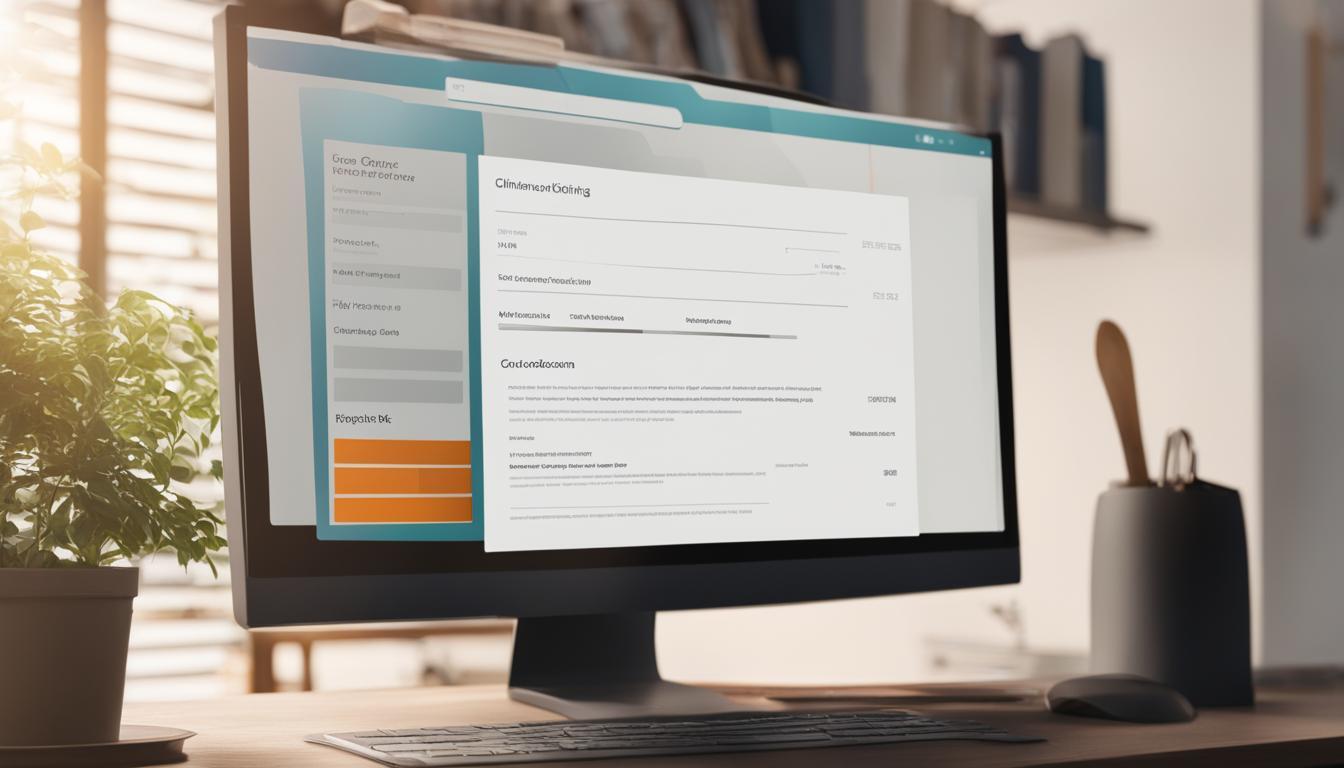
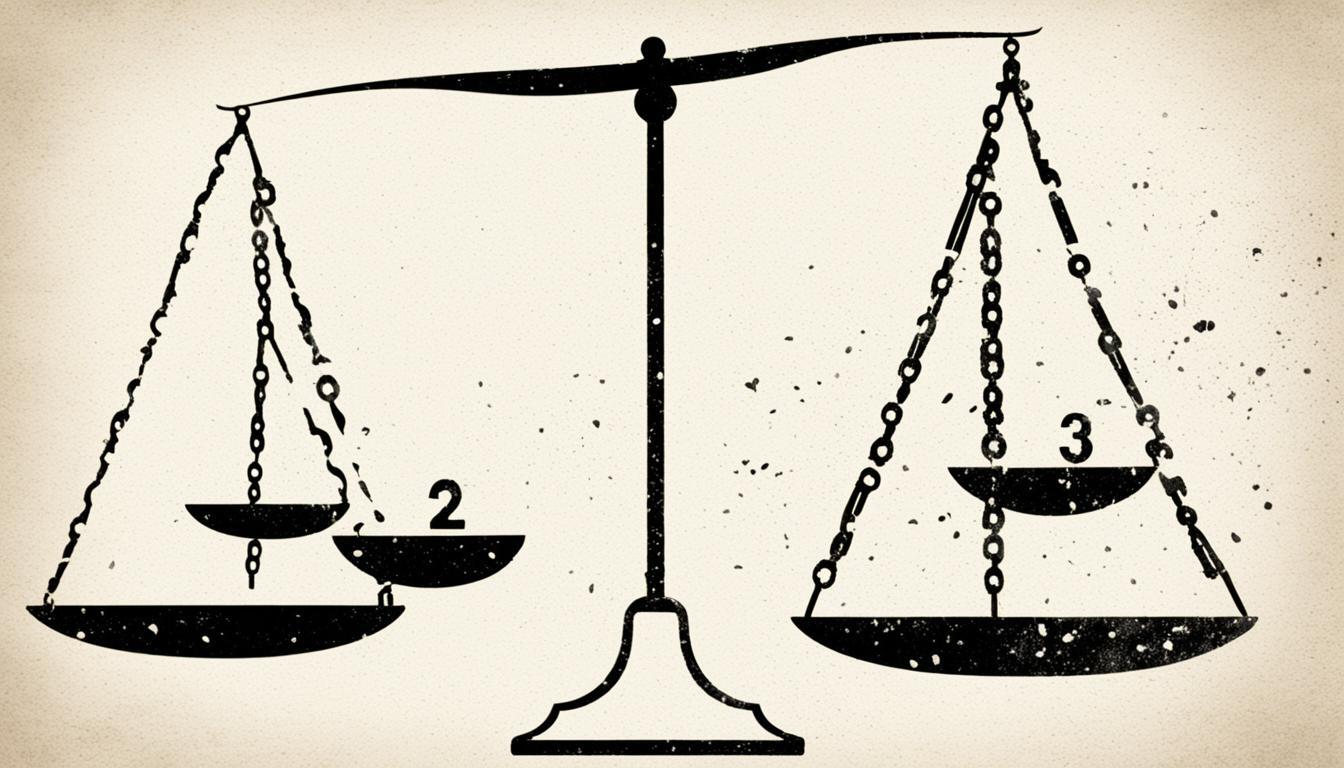


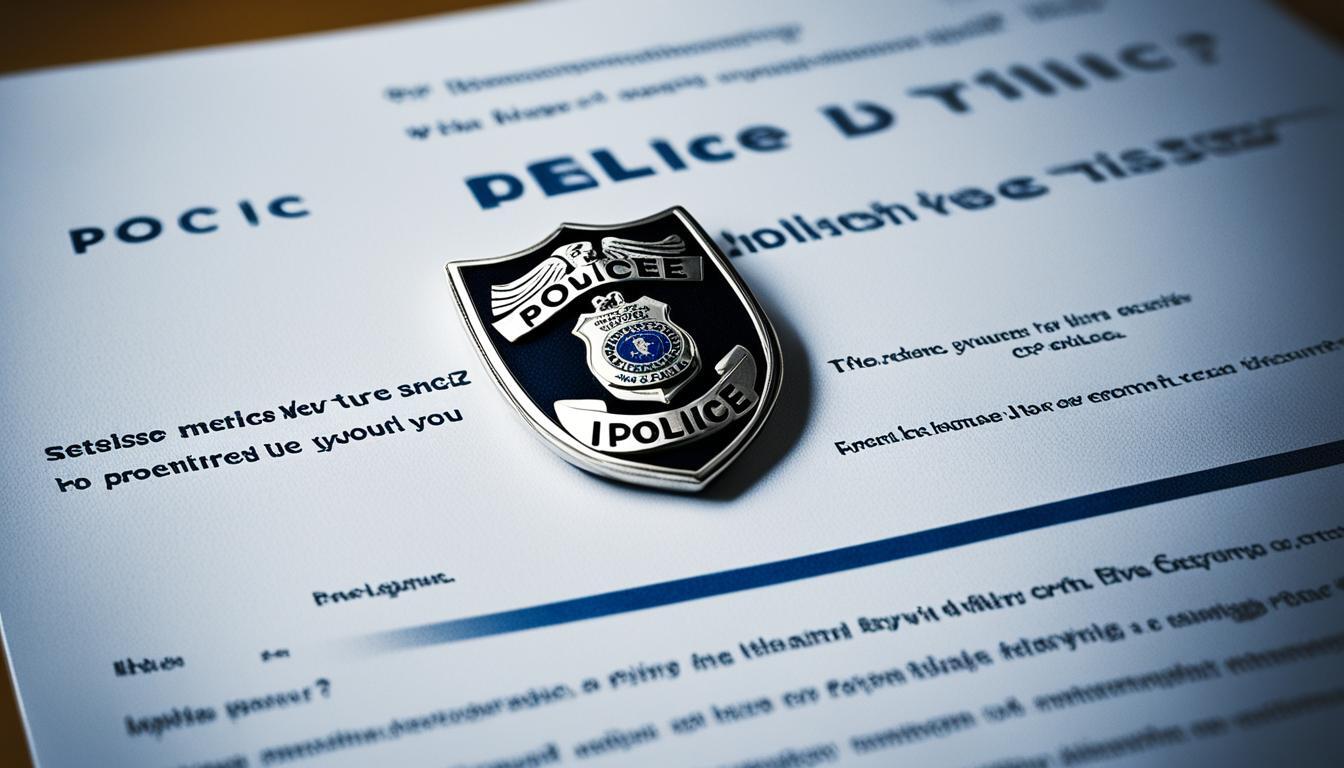










Post Comment